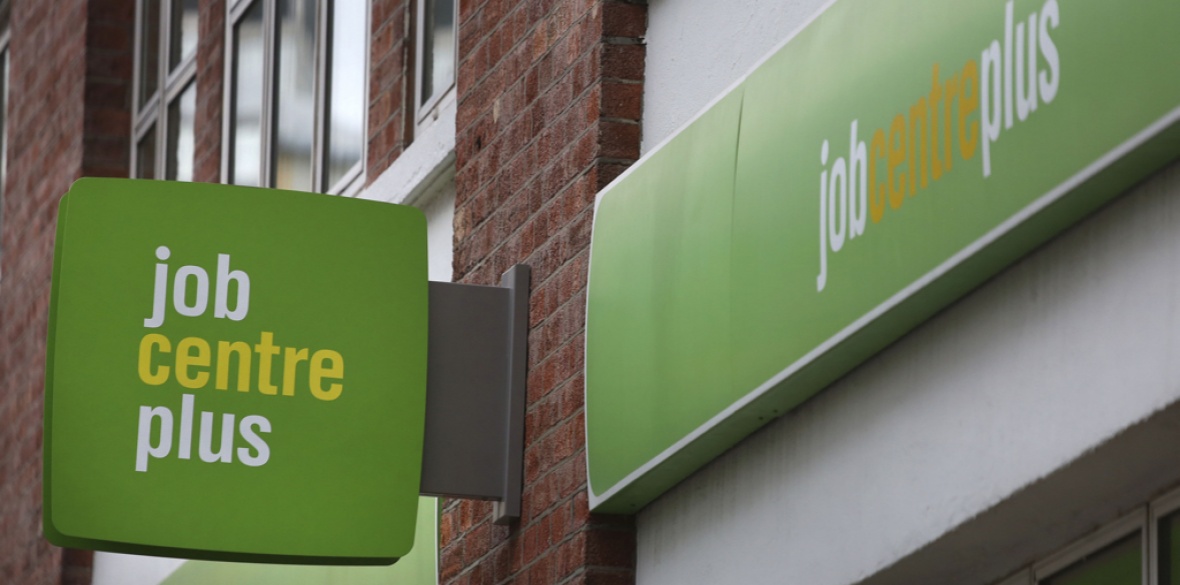This is the last article you can read this month
You can read more article this month
You can read more articles this month
Sorry your limit is up for this month
Reset on:
Please help support the Morning Star by subscribing here
UNEMPLOYMENT has shot up in every British region except for Scotland, London and south-east England, general union GMB revealed in response to official employment statistics released today.
And workers are still suffering from the longest pay squeeze in 200 years, the TUC has also warned.
The concerns come as new Office for National Statistics (ONS) data showed that employment levels were at a record high.
The number of people in work grew by 141,000 in the three months to November to 32.5 million, but unemployment also increased to 1,370,000, the data shows.
The number of job advertisements grew to an all-time high of 853,000 — a rise of 10,000 on the previous year.
Unemployment in Scotland has fallen below 100,000 for the first time.
However, GMB said unemployment has increased by 24 per cent in the north-east of England, 17 per cent in the south-west and 13 per cebt in Yorkshire, 9 per cent in the East Midlands, 8 per cent in the West Midlands, 5 per cent in the east of England and 4 per cent in Wales.
These figures are for the three-month period to last November and are in comparision to the previous quarter.
GMB general secretary Tim Roache said: “Unemployment up by almost 25 per cent in just three months is the sort of horrific rise which, if it carries on, will leave whole communities in tatters.
“Thousands of jobs lost mean thousands of people and families wondering how they’re going to pay the bills, it means thousands more at foodbanks.
“Carrying on with wrongheaded austerity policies, a lack of government investment in jobs and our economy and a lack of any feasible plan on Brexit will only make the situation worse.
“We need action to create jobs and increase confidence in the economy now, not more Westminster games or internal party wrangles.”
Young Women’s Trust chief executive Dr Carole Easton pointed out that unemployment among young women had risen by 27,000 during the three months to November compared with the previous quarter.
“In total, more than half a million young women are out of work and full-time education,” she added.
ONS data also shows that average earnings increased by 3.4 per cent last year, above last year’s average inflation of 2.5 per cent.
TUC general secretary Frances O’Grady said that the pay boost would not be enough to satisfy workers who have been subject to severe pay restraint and inflated prices over the past nine years.
Ms O’Grady, who pointed out last year that Britain was currently undergoing the biggest pay squeeze since Napoleonic times, urged the government to issue a minimum wage increase to Britain’s worst off.
“This modest rise in wage growth will do little to help workers still feeling the effects of the longest pay squeeze in 200 years,” she said.
“We need a far more ambitious plan that supports jobs and wages.
“That means the government putting the minimum wage up to £10 as quickly as possible, and giving unions the freedom to enter every workplace to negotiate fair pay rises.”










